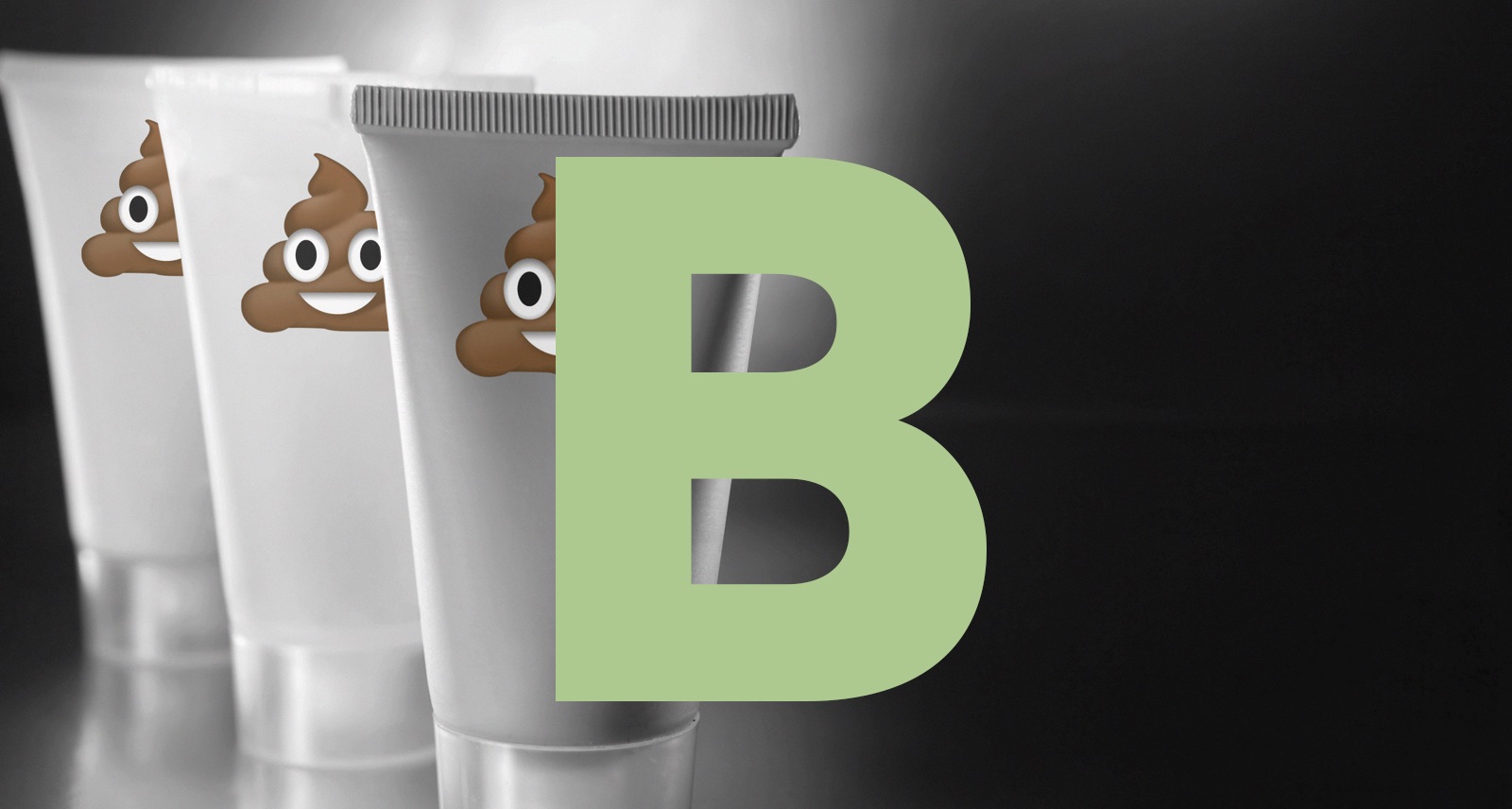Are the Ingredients in Your Skincare Products Bullshit?
This post is part of our Encyclopedia of Grooming: 2015 Edition.
Click here to view the entire guide.
It boils down to common sense. At least, that’s what Timothy Caulfield, a professor at the University of Alberta, is telling whoever will listen.
In order to test the claims of the grooming industry, Caulfield used the most impressive over-the-counter products he could find for a full year. He had his skin tested before the experiment, then again after, with a different doctor using the same equipment. The result: his skin hadn’t changed a bit.
To be fair, he was mostly testing the kind of anti-aging serums marketed at women — especially the kinds that spouted pseudo-scientific claims about using cutting-edge biology like stem cells. Basically: if a product promises something that only a doctor would be able to prescribe, and then delivers on that promise, you’d need a prescription.
“Look for products with the best available evidence,” he advises, “and choose the product that works best for you, even if it’s the cheapest.”
It’s a good reminder that grooming is, above anything else, completely personal.
Ingredients that aren’t bullshit:
Vitamin C: Improves the skin and hair and increases healing.
Retinol: Proven to help fine lines around the eyes.
Caffeine: It really is a miracle.










